The Musings

To Read The Book Or Not To Read The Book, That Is The Question
At some point you are going to get on a project that is an adaptation of a novel and the question will arise “so should I read the book?”.
There is no real correct answer to this but I’ll give you both sides of the coin because there is value in each.

The Day You Stop Learning
This one goes for life just about as much as it does for your career in the film industry.
There is always more to be learned, more skills to hone, more ideas to understand.
I have been on the most boring shows in the world and I still found something I could learn. And, mind you, learning isn’t always from watching someone do something amazing.

The Time I Almost Destroyed The ER Live Episode
Season 4 of ER began with a live episode. That’s right, LIVE as in we shot it, you saw it and there was no buffer, not even a delay in the broadcast. If the thing stopped, there was nothing to save us.

Quick Tip: Assassins and Opportunities
The job of the camera operator has many facets but in the end it can be distilled into two pretty simple ideas: can you accomplish the shot, and can you make it better. This is how I approach every shot I do and the way I break it down is to start with looking for assassins and opportunities.
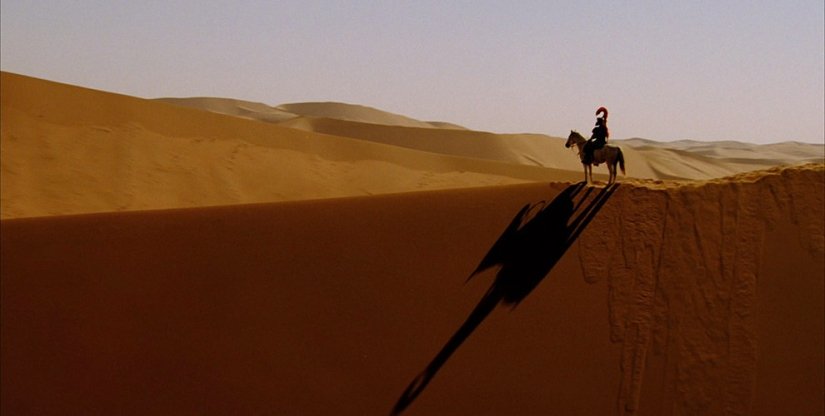
When The Shot Doesn’t Tell The Story
Years ago, when I was still a young pup steadicam op, we had a newer director come in on a very very big show I was working on. After about the second scene I noticed that I simply wasn’t landing frames well or wasn’t landing them at all. It was the strangest thing because while I had been an operator for quite some time I felt like I didn’t know how to use the equipment anymore. I secretly wondered if I’d been drugged or was sick.

Use Your Downtime
Younger operators often ask me what they can do when they aren’t working (which is most of the time at that point in their career) so they can continue learning. It's tough to be starting out, to want to get experience but to not have the ability to be going to set every day and learning. Here’s what I tell them:

Sliders Don’t Have To Slide
Nowadays in this digital realm that we work in (or at least when we went digital it seems like that was when sliders first started showing up), there are no sets that I go on that dont have a few sliders for the operator to use. For those of you who don't know, a slider is a rectangular unit that sits below the head on top of the dolly or a set of sticks, and with the help of some rails, ball bearings and unicorn tears, allows you to slide the camera from one side to another, or forward and back if set differently, extremely smoothly.

Quick Tip: Read the Script, Read it Again, and Again
If you haven't figured it out yet, everything you do as an operator revolves around story. So, the best way to do your job is to know the story like the back of your hand.
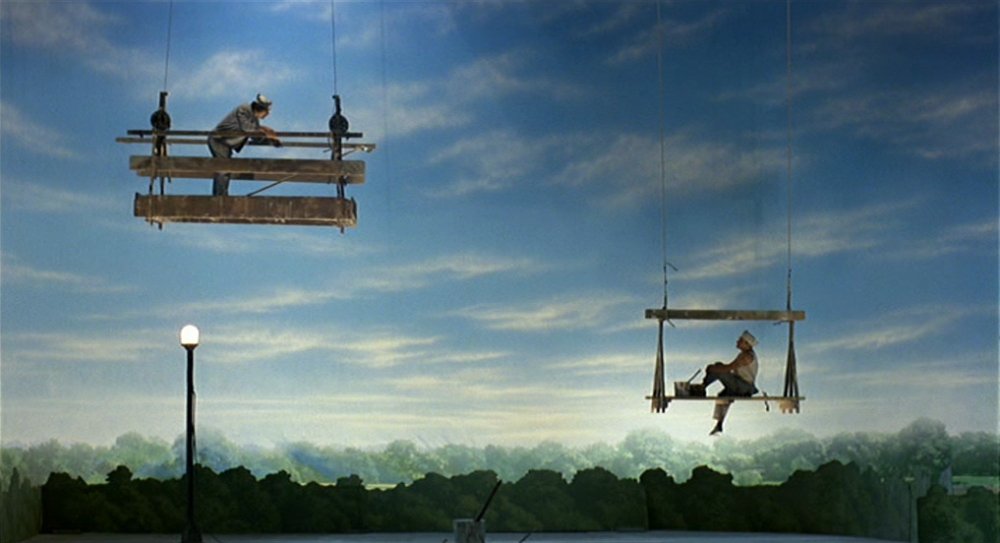
Think Like An Editor
As an operator, it is clear what your job is. Frame the story, move the camera, understand storytelling through the lens, be a part of the team. Underlying all of that are other concepts that you should start considering, ones that will only make you better. One of the big ones is to think like an editor. Sometimes, doing so can be the difference between being a good operator and being a great operator.
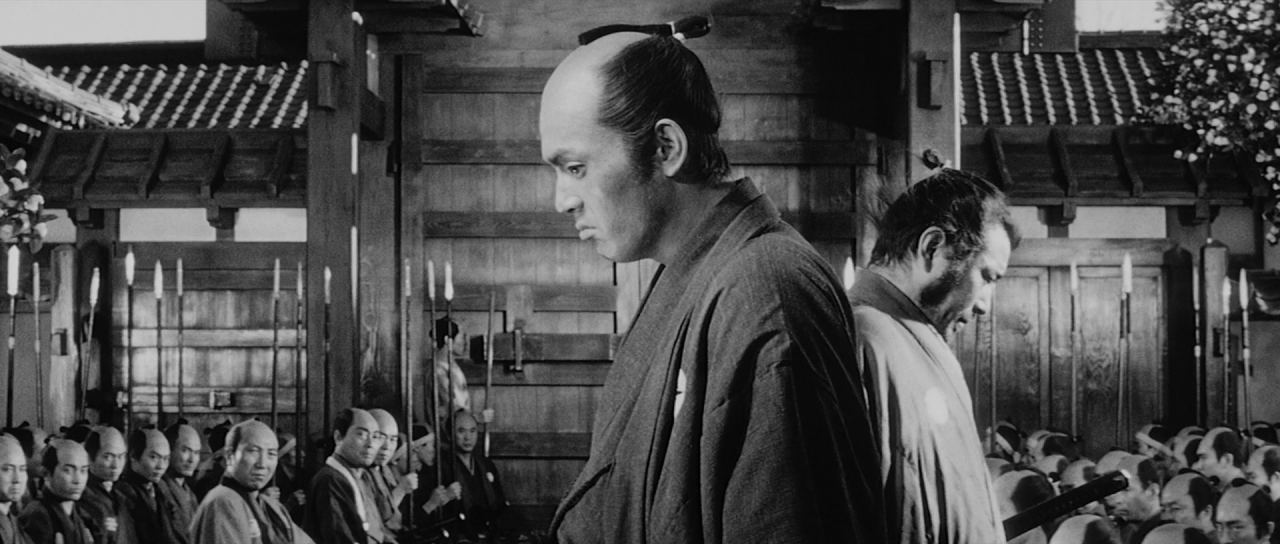
The Line - When its important and when it’s not
One of the first rules you will need to master as an operator is the line, that magical imaginary line that connects two people in a scene that you cannot cross with the camera or all life as we know it will cease to exist, the universe will implode and time itself will end. I kid of course, but I know directors, DPs, script supervisors and beyond who cannot fathom crossing the line for any reason, and feel it should never be done. I know one director who actually has to maintain the line when shooting people in separate rooms on phone calls (at least as far as which way they are looking) and I always ask him “Do you really think if she looks the other way people aren’t going to know she is still talking to the guy on the other end of the phone?”.

Zooms vs. Primes
Seriously?
Primes.
I’m not saying zoom lenses don't have their place, but zoom lenses should be used to tell the story with an in camera zoom. Anything else makes for lazy filmmaking.
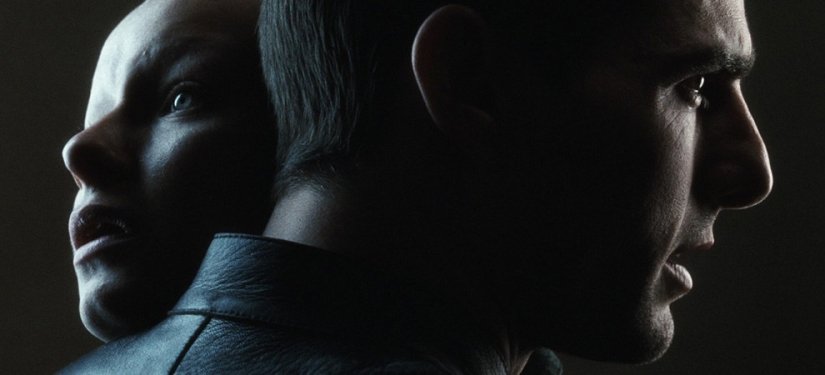
Second Team
By my estimation, stand-ins are both the most underrated and one of the most crucial part of any operator's experience. A great stand-in can save your ass and a poor stand-in can make your job extremely tough. I always try to make it a point to introduce myself to them on day one, and engage them in the process. Their job can be truly tough, as standing still while people look at you is not the easiest thing to do, and the more you let them know how important what they do is (it really is), the more involved they will be.
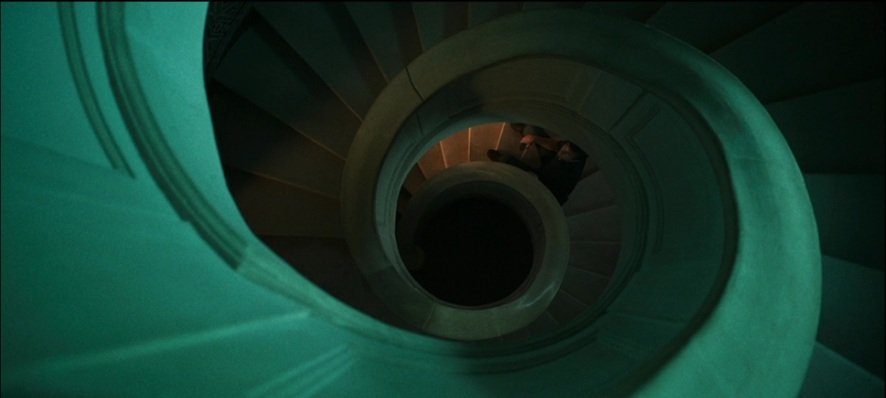
Creating and Executing Concept Shots
Concept shots are larger than normal shots that generally require a bit more planning. They can involve 100s of extras and take days to shoot, but they really aren’t dictated by length, size, scope, or anything else. In my mind, these are shots that simply stand out for their ability to tell a large part of the story and are different from simply master and coverage shots.

Quick Tip: What Goes In Must Come Out
When you are operating, everything is about the frame and the camera movement, all of which are dictated by story. As a result, any body movement required of you to get the shot is going to have to be ‘operated’ out of the shot so that it is not seen.

Incomplete Advice for a First Time Operator
A friend called me a ways back freaked out about his first gig as a B cam operator. After getting off the phone I put this together and sent it. Some things I wish I had known when I first started out but by no means complete.
There are no perfect shots. Forget that idea. There are shots that work and shots that dont but EVERY shot can always be improved on.

Story, Story, Story
If there was one singular idea, one key ingredient to being a great op, one unquestionable skill that anyone wanting to be an operator needs to know, it's this:
Know the story.
You are a storyteller–not a person who points a camera.

What Goes In Must Come Out
When you are operating, everything is about the frame and the camera movement, all of which are dictated by story. As a result, any body movement required of you to get the shot is going to have to be ‘operated’ out of the shot so that it is not seen.

Ralph’s Shorts
Don’t judge a book by its cover. All that glitters is not gold. The cowl does not make the monk.
We all grew up hearing these sayings and know what they mean. (Well, not that last one; I looked it up, but I like it.) Don’t judge someone by how they look, judge them by who they are.

Quick Tip: Blend In
The best camera operators are there - listening, offering thoughts, being part of the team - without being flashy or showy. They blend in to the crew in a way that still keeps them present but doesn’t draw attention to themselves.

Be Open To The World Around You
A few years back, I was working on a show where we had a scene that took place on the top floor of a parking structure. It was the tallest structure in the area and the director picked it because you could see most of the city. I can’t recall why, but we had a little bit of a delay and, as we sat there, I noticed that we were in the flight path of a local airport and planes were flying past us, somewhat low, from left to right every two minutes or so.

